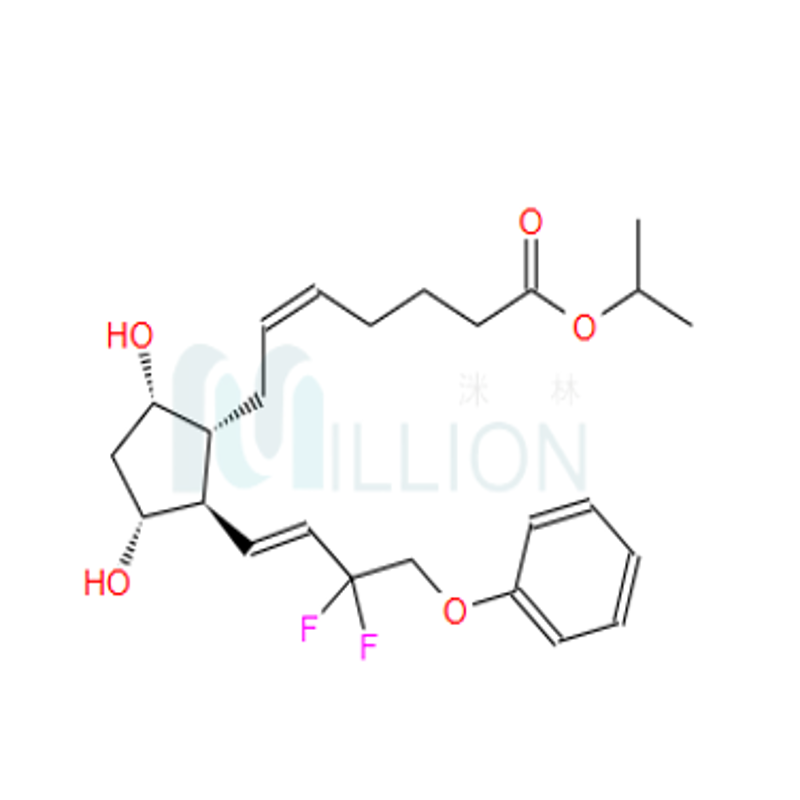-
Categories
-
Pharmaceutical Intermediates
-
Active Pharmaceutical Ingredients
-
Food Additives
- Industrial Coatings
- Agrochemicals
- Dyes and Pigments
- Surfactant
- Flavors and Fragrances
- Chemical Reagents
- Catalyst and Auxiliary
- Natural Products
- Inorganic Chemistry
-
Organic Chemistry
-
Biochemical Engineering
- Analytical Chemistry
-
Cosmetic Ingredient
- Water Treatment Chemical
-
Pharmaceutical Intermediates
Promotion
ECHEMI Mall
Wholesale
Weekly Price
Exhibition
News
-
Trade Service
Central diabetes insipidus (CDI) is a complex disorder in which large amounts of diluted urine are excreted due to deficiency of arginine-antidiuretic hormone, and it is caused
by a variety of disorders that affect the neural networks of the hypothalamic-posterior pituitary gland.
Differential diagnosis is challenging and requires a detailed history, physical examination, biochemistry, imaging, and, in some cases, histologic confirmation
.
Magnetic resonance imaging is the gold standard
for evaluating congenital or acquired brain and pituitary stem lesions.
The pituitary stalk size may be normal at presentation but may vary over time, depending on the underlying disorder, and other brain regions or organs may be involved
during follow-up.
Early diagnosis and treatment are essential
to avoid central nervous system damage and germ cell tumor spread, and to minimize complications of multiple pituitary hormone deficiencies.
The Journal of Clinical Endocrinology & Metabolism published an article exploring the clinical signs, symptoms, and treatments associated with polyuria and endocrine disorders.
raising awareness of diagnostic pitfalls and gaps in CDI patients; Emphasizing the importance of interprofessional care to improve patient outcomes; Provide up-to-date evidence
for early, accurate diagnosis and long-term follow-up of patients with CDI.
Children and adolescents with CDI may present with symptoms such as growth retardation, precocious puberty/delayed puberty, or brain involvement, including headaches and visual defects associated with intracranial tumors, the latter of which is very rare
in children under 6 years of age.
Among the 70 children with germ cell tumors, patients with suprasellar tumors showed endocrine symptoms, while patients with pineal gland tumors showed symptoms
related to hydrocephalus.
The main treatment for CDI is drinking drug-related water
.
Both vasopressin (AVP) and desmopressin work by stimulating the V2 receptor of the main cells of the renal collecting duct, but desmopressin has a long half-life and lacks vasopressin effect
.
Therefore, desmopressin is the drug of choice for patients with CDI and is available in a variety of dosage forms; The route and timing of administration (fixed or as needed) depend on the clinical setting
.
Children take oral individualized fixed doses of desmopressin 2~3 times/day, followed by administration (> 5 mL/kg/h)
when polyuria recurs.
In the presence of thirst deficiency or hypothir, the optimal management of CDI is to adjust desmopressin dose and fluid intake
in a hospital setting due to large fluctuations in plasma sodium.
Patients should be instructed on continuous desmopressin and regular hydration
.
Determine a fixed daily fluid intake appropriate for weight to maintain individualized sodium levels in known uremia and normal volume, particularly in patients
with thirst deficiency.
Original source:
Giuseppa Patti, Flavia Napoli, et al, Approach to the Pediatric Patient: Central Diabetes Insipidus, The Journal of Clinical Endocrinology & Metabolism, 2022, https://doi.
org/10.
1210/clinem/dgab930.







